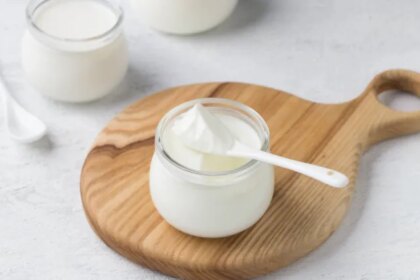Posted: 2/19/2016 10:02 AM by
Interim HealthCare
Your mother starts experiencing sharp, intense pain through her back and beneath her ribs. She feels the urge to urinate more frequently, but when she goes to the bathroom she tells you that she is only able to urinate a small amount and never feels like she has completely emptied her bladder. The pain seems to intensify when she is urinating and changing position when she is sitting or lying down does not impact the intensity.
What could be causing these symptoms?
As a family caregiver it can be frightening when your elderly loved one is going through a painful experience and it is important that you are prepared to react effectively so that you can help her to avoid more pain and discomfort, and get on the proper course of treatment so that she can overcome the situation as quickly and effectively as possible. For symptoms such as these, the cause may be kidney stones.
Caused by hardened deposits of minerals developed when crystals within the urine stick together, kidney stones, or renal lithiasis, can be a very painful experience, but it is one that very rarely leaves lasting damage to the body. In most cases, the stone passes on its own and the sufferer does not experience further problems. Only in some situations does the stone become lodged in the system or does not pass and requires surgical removal.
Some common symptoms of kidney stones include:
• Urinating only small amounts at a time
• Severe pain beneath the ribs, along the side, and in the back
• Cloudy, odorous urine
• Pain that radiates through the groin and lower abdomen
• Persistent urge to urinate
• Pain during urination
• Fever and chills
• Waves of pain through the affected areas
• More frequent urination
• Red, brown, or pink coloration in the urine
• Nausea and vomiting
The pain often changes location as the pain moves through the urinary system, which means these symptoms may not stay consistent throughout the experience. If your senior is experiencing severe pain that is impacting her quality of life and preventing her from getting comfortable in any position, has fever, chills, or vomiting, you notice blood in her urine, or she has been unable to urinate, the situation is urgent and you need to seek medical attention for her as quickly as possible.
After the presence of a kidney stone has been confirmed by the doctor, some ways that you can help her to get through the often painful experience of passing the stone include:
• Encourage her to drink plenty of water. Unless the doctor has given her guidelines not to drink this much because of other medical conditions, encourage her to drink until her urine is clear. This will help to rinse the system and urge the stone out.
• Take a warm bath. The pain associated with a kidney stone can be exhausting, but a warm bath can help to relax the muscles and provide relief.
• Avoid trigger foods. Many people who have kidney stones once will never have them again, but some will. As your parent is passing the stone and recovering, minimize irritation to the urinary tract, and help prevent future stones after this recovery, by avoiding certain foods and beverages linked to this issue. Many doctors include sodas and other carbonated drinks, salty foods, animal proteins, and oxalate-rich foods such as nuts and chocolate in these triggers. Talk to your senior’s doctor about these limitations and get recommendations for the types of foods and beverages that will help her to recover and stay healthier.







